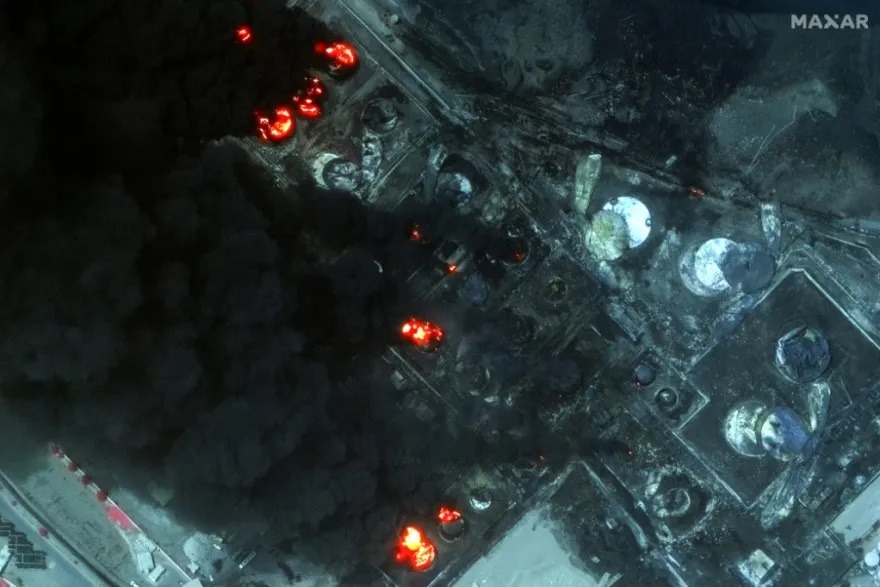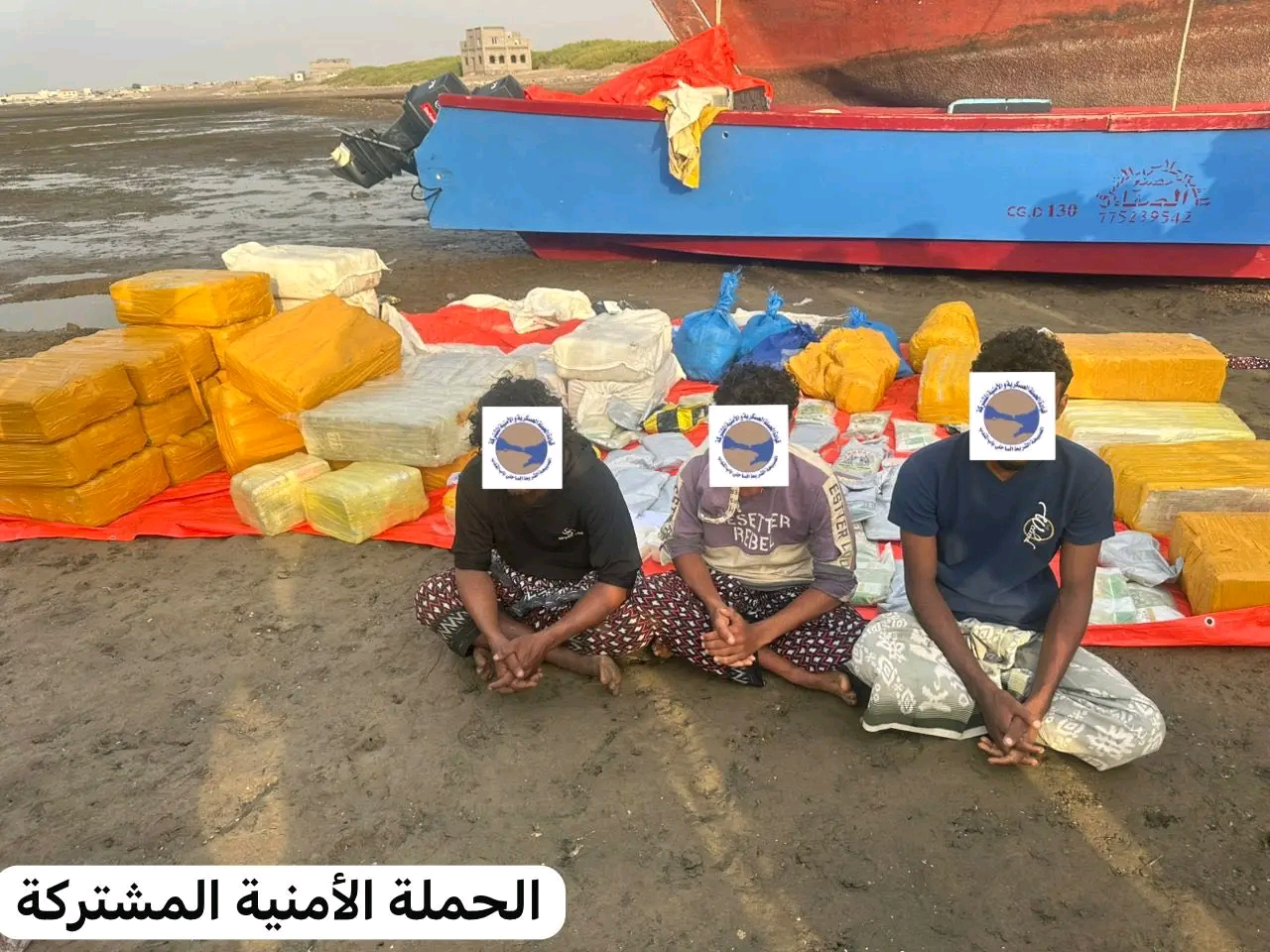
Barran Press
International reports have revealed the extent of the damage inflicted on the Hodeidah port in Yemen following Israeli airstrikes on Saturday, July 20th. The port, controlled by the Houthi group, a group designated as a terrorist organization by the US, is a vital entry point for fuel and humanitarian aid.
Images obtained by the French news agency AFP show thick plumes of smoke and flames rising from the port as oil tanks burn. Debris litters the pier, where equipment has been damaged.
High-resolution satellite images captured by Maxar Technologies show the fuel storage area engulfed in flames, which appear to be ongoing.
A port employee who was present during the attack told AFP that several tanks exploded in succession. The employee, who requested anonymity due to security concerns, stated that the port's pier, containers, and ships remained intact.
Satellite images from Planet Labs, analyzed by the Dutch peace organization PAX, reveal at least 33 destroyed oil storage facilities, according to Wim Zwijnenburg, a project director at the organization. Zwijnenburg expects further damage to be discovered as the thick smoke obscures some of the tanks.
The airstrikes also resulted in the destruction of at least five cranes and most of the port's fuel storage capacity, which amounted to 150,000 tons, according to the US-based group Navanti, citing traders. This leaves Hodeidah with a total storage capacity of 50,000 tons.
While the Israeli military released a video showing the destruction of two container cranes at the port, the UK-based maritime security firm, Ambrey, reported that two commercial vessels were present at the time of the crane strikes but did not confirm if they sustained damage.
Ambrey observed four commercial vessels at the port during the airstrikes and eight others at anchor. No ships have arrived or departed since the attack.
The World Food Programme (WFP) confirmed that a WFP vessel carrying food and a fuel storage facility at the port sustained minor damage to its crane during the airstrikes. Pierre Honnora, the WFP's country director in Yemen, stated that the vessel remains operational but that the entire fuel stock of 780,000 liters was likely destroyed. All WFP staff are safe and accounted for.
Honnora assured that the WFP has sufficient fuel supplies to ensure that the loss will not significantly impact their operations.
Houthi authorities, however, claim that the port is fully operational. The Houthi-controlled Saba news agency quoted the port's director, Nasr Al-Nassiri, as saying that they are working around the clock to receive all ships and that there are no concerns about the supply chain or the delivery of food, medicine, and fuel.
The Houthi-appointed Minister of Transport, Abdul Wahab Al-Dara, stated that efforts are underway to receive and unload ships carrying food and fuel within 24 hours.
The attack on the Hodeidah port has drawn widespread condemnation, with many calling it a blatant violation of international law. The port is a lifeline for millions of Yemenis, who rely heavily on humanitarian aid.
The Israeli airstrikes come after a Houthi drone attack on Tel Aviv on Friday, July 19th, which killed one Israeli and injured 10 others. The Houthis claimed responsibility for the attack, calling it the first of its kind.
The Israeli government has justified its airstrikes as retaliation for the Houthi attacks.





